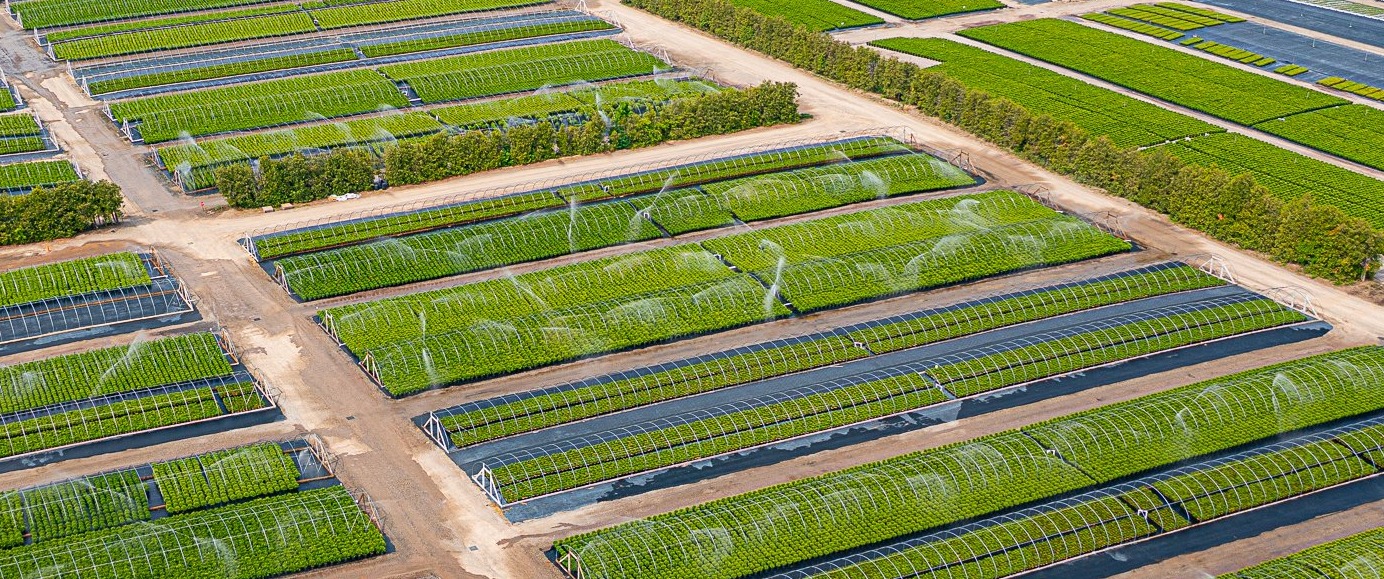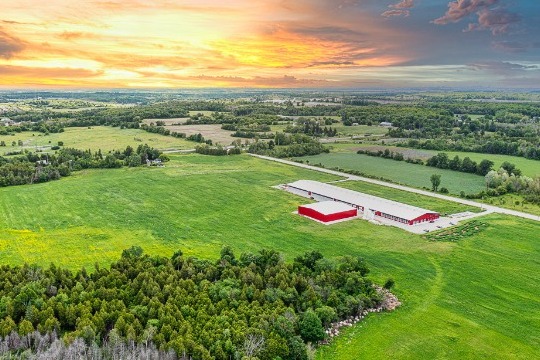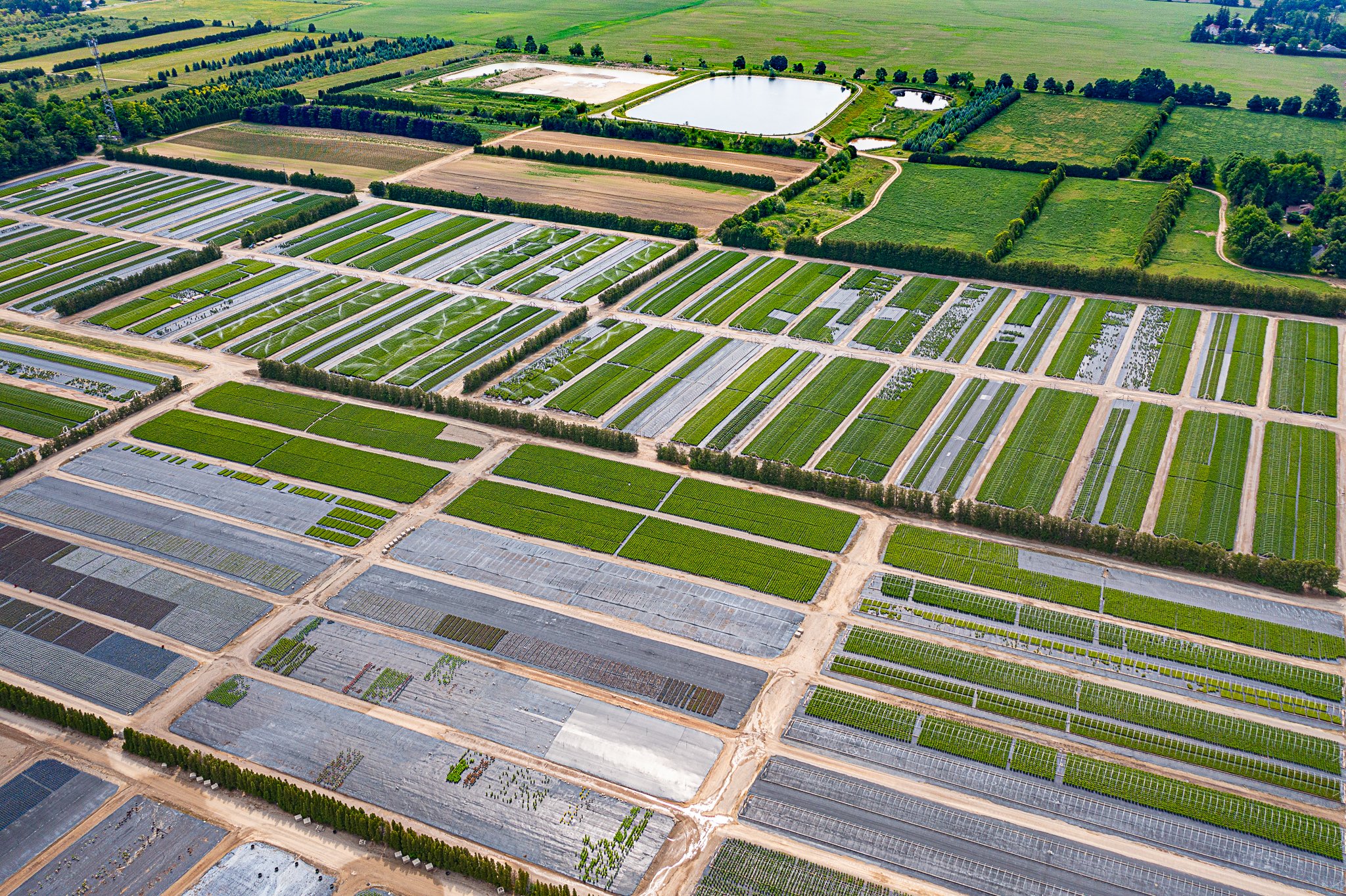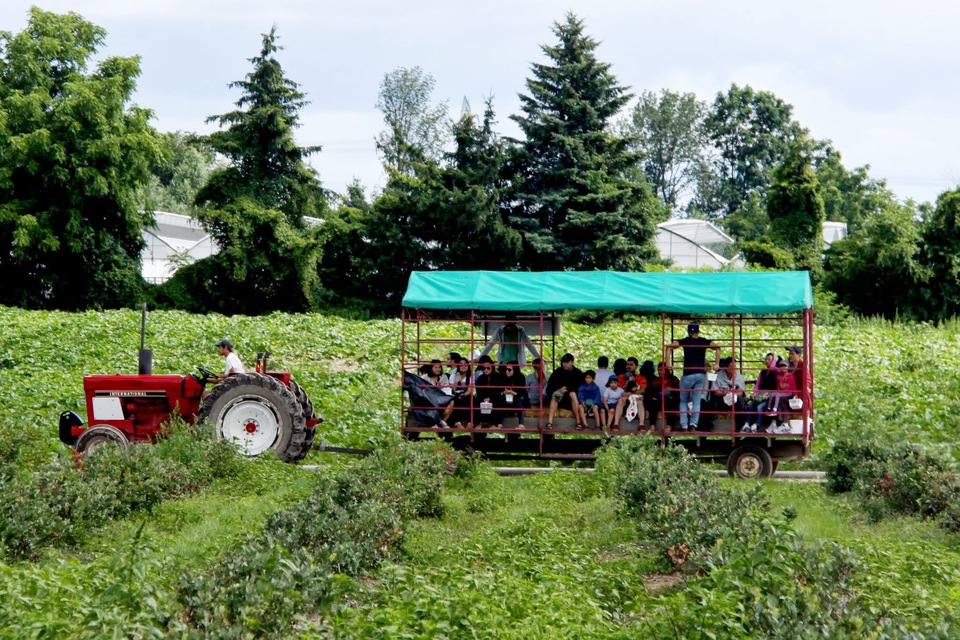Halton Hills has a vibrant food and farming cluster that serves a thriving hub of food processing businesses creating wide a range of healthy and safe products.
Halton Hills’ agri-business sector is a key economic driver and accounts for $50 million of the Halton Region’s $143 million gross farm receipts, with greenhouse products and nursery products amongst the top commodities produced locally. There is evidence of an evolving production profile focused on high value, lower acreage operations such as nurseries, greenhouses, as well as mushroom, fruit, and equine farms.
Halton Hills’ horticulture, greenhouse, floriculture and nursery firms are the largest agricultural employers in the Town and account for 13% of the Halton Region’s farming operations. The Town has four times as many nurseries and tree production farms as the national average, and local greenhouse production efficiency continues to increase through automation and improved climate control systems.
Halton Region’s agricultural productivity and diversity continue to be major contributors to the success of Ontario’s agri-food industry. Ontario’s greenhouse industry will see increased demand of over 38 million square feet of new space over the next 5 years – and Halton Hills is primed to support Ontario’s various greenhouse subsectors.
Agri-businesses located in Halton Hills have access to leading industry-specific educational institutions and research institutes.
.png)
VRIC is recognized as Canada’s leader in horticulture research and innovation, VRIC’s mandate is focused on improving the economic viability, sustainability, and competitiveness of horticulture in Canada.
.png)
An innovation and collaboration network, based out of Niagara College in partnership with the University of Guelph and Vineland Research and Innovation Centre. The network advances efforts in the greenhouse industry to boost competitiveness and help businesses grow.
.png)
Based at The University of Guelph: Focused on ensuring communities have secure access to safe and healthy food through transparent, and competitive and sustainable food systems. Brings together thought leaders, conducts research and advocates for social, industrial, and governmental policy.









